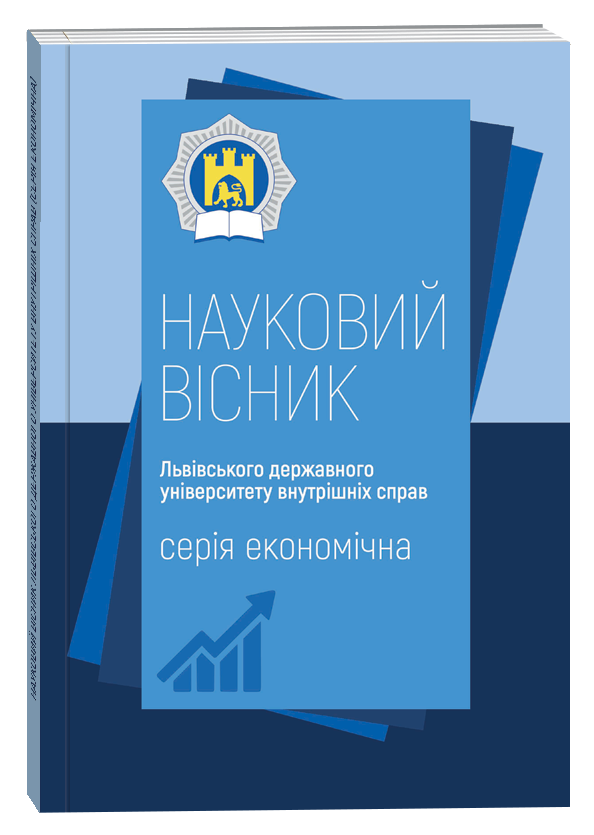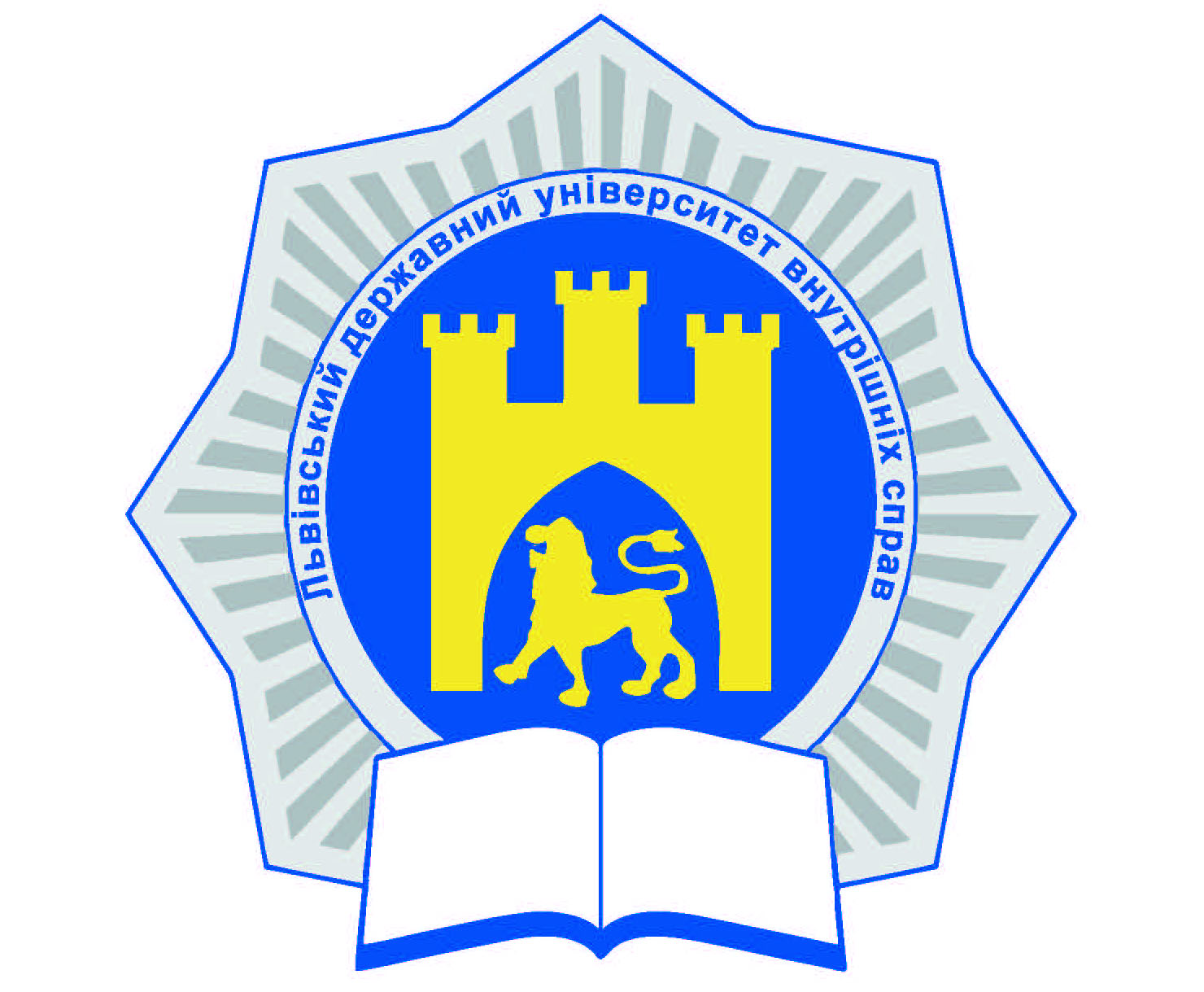ENSURING FOOD SECURITY IN UKRAINE: CHALLENGES OF WARTIME
DOI:
https://doi.org/10.32782/2311-844X/2024-1-11Keywords:
food, food security, state security, martial law, ensuring food security, wartimeAbstract
The purpose of this article is to characterize the peculiarities of ensuring food security in Ukraine under wartime conditions. In this study, general scientific research methods were used to characterize the provision of food security in Ukraine during wartime, specifically: methods of theoretical and comparative analysis, induction and deduction, graphical method, and trend analysis. It has been established that the significance of food security in Ukraine is intensified in the broader context of national security. An independent Ukraine, capable of producing enough food to meet its needs and fulfill its export obligations, is inherently more resilient to external pressure and crises. The main consequences of the COVID-19 pandemic on Ukraine's food security have been identified. It is proven that ensuring food security in Ukraine involves creating conditions for reliable access for all segments of the population to sufficient, safe, and nutritious food at all times, which promotes an active and healthy lifestyle. It is determined that food security is achieved through the stabilization of the domestic agri-food market, support of the agricultural sector, the use of innovations in agriculture, and effective management of natural and financial resources. It is proven that special attention is also paid to strengthening the country's export potential, ensuring its important role in the global food market. It has been established that military actions have directly affected Ukraine's agricultural infrastructure, including the destruction or damage of agricultural lands, grain storages, processing plants, and logistics networks. It is determined that under the conditions of martial law, ensuring food security in Ukraine acquires particular complexity and critical importance. The challenges of wartime for Ukraine's food security system have been characterized. It is proven that international support and cooperation also become important aspects in overcoming humanitarian challenges related to food provision.
References
Franchuk V., Omelchuk O., Melnyk S., Kelman M., & Mykytyuk O. Identification the ways of counteraction of the threats to the financial security of high-tech enterprises. Business: Theory and Practice. 2020. No. 21(1). P. 1–9.
Pushak, Y., Lagodiienko, V., Basiurkina, N., Nemchenko, V., & Lagodiienko, N. Formation the system for assessing the economic security of enterprise in the agricultural sector. Business: Theory and Practice. 2021. No. 22(1). P. 80–90. DOI: https://doi.org/10.3846/btp.2021.13013
Haber J, Bukhtiarova A, Chorna S, Lastremska O Forecasting the level of financial security of the country on the example of Ukraine. Investment Management and Financial Innovations. 2018. No. 15 (3). P. 304–317.
Auci S., & Barbieri N. Innovation for climate change adaptation and technical efficiency: an empirical analysis in the European agricultural sector. Economia Politica. 2020. No. 28(4).
Shynkar S., Gontar Z., Dubyna M., Nasypaiko D., & Fleychuk M. Assessment of economic security of enterprises: theoretical and methodological aspects. Business: Theory and Practice. 2020. No. 21(1). P. 261–271. DOI: https://doi.org/10.3846/btp.2020.11573
Goldsmith P., & Gow H. Strategic positioning under agricultural structural change: A critique of long jump cooperative ventures. International Food and Agribusiness Management Review. 2005. No. 8(2). P. 41−61.
Schmink M. Feeding the world: Brazil’s transformation into a modern agricultural economy. Journal of Interdisciplinary History. 2020. No. 50(3). P. 475−477.
Melnyk S., Shuprudko N., Kolosovska I., Berest I., & Pasichnyk M. Anti-crisis personnel management in the process of ensuring the economic security of the enterprise. Business: Theory and Practice. 2020. No. 21(1). P. 272–281. DOI: https://doi.org/10.3846/btp.2020.114383
Avanesova N., & Chuprin Y. Enterprise economic security: essential characteristics of the concept. Innovative Technologies and Scientific Solutions for Industries. 2017. No. 1. P. 98–102. DOI: https://doi.org/10.30837/2522-9818.2017.1.098
Khalina O., Bazyliuk V., Chornenka O., Krasilych I., & Korzh M. Formation of organizational support for the management of the economic security of engineering enterprises: methodical and practical aspects. Business: Theory and Practice. 2019. No. 20. P. 317–328. DOI: https://doi.org/10.3846/btp.2019.30
Franchuk V., Omelchuk O., Melnyk S., Kelman M., & Mykytyuk O. (2020) Identification the ways of counteraction of the threats to the financial security of high-tech enterprises. Business: Theory and Practice, no. 21(1), pp. 1–9.
Pushak Y., Lagodiienko V., Basiurkina N., Nemchenko V., & Lagodiienko N. (2021) Formation the system for assessing the economic security of enterprise in the agricultural sector. Business: Theory and Practice, no. 22(1), pp. 80–90. DOI: https://doi.org/10.3846/btp.2021.13013
Haber J, Bukhtiarova A, Chorna S, Lastremska O (2018) Forecasting the level of financial security of the country on the example of Ukraine. Investment Management and Financial Innovations, no. 15 (3), pp. 304–317.
Auci S., & Barbieri N. (2020) Innovation for climate change adaptation and technical efficiency: an empirical analysis in the European agricultural sector. Economia Politica, no. 28(4).
Shynkar S., Gontar Z., Dubyna M., Nasypaiko D., & Fleychuk M. (2020) Assessment of economic security of enterprises: theoretical and methodological aspects. Business: Theory and Practice, no. 21(1), pp. 261–271. DOI: https://doi.org/10.3846/btp.2020.11573
Goldsmith P., & Gow H. (2005) Strategic positioning under agricultural structural change: A critique of long jump cooperative ventures. International Food and Agribusiness Management Review, no. 8(2), pp. 41−61.
Schmink M. (2020). Feeding the world: Brazil’s transformation into a modern agricultural economy. Journal of Interdisciplinary History, no. 50(3), pp. 475−477.
Melnyk S., Shuprudko N., Kolosovska I., Berest I., & Pasichnyk M. (2020) Anti-crisis personnel management in the process of ensuring the economic security of the enterprise. Business: Theory and Practice, no. 21(1), pp. 272–281. DOI: https://doi.org/10.3846/btp.2020.114383
Avanesova N., & Chuprin Y. (2017) Enterprise economic security: essential characteristics of the concept. Innovative Technologies and Scientific Solutions for Industries, no. (1), pp. 98–102. DOI: https://doi.org/10.30837/2522-9818.2017.1.098
Khalina O., Bazyliuk V., Chornenka O., Krasilych I., & Korzh M. (2019) Formation of organizational support for the management of the economic security of engineering enterprises: methodical and practical aspects. Business: Theory and Practice, no. 20, pp. 317–328. DOI: https://doi.org/10.3846/btp.2019.30





